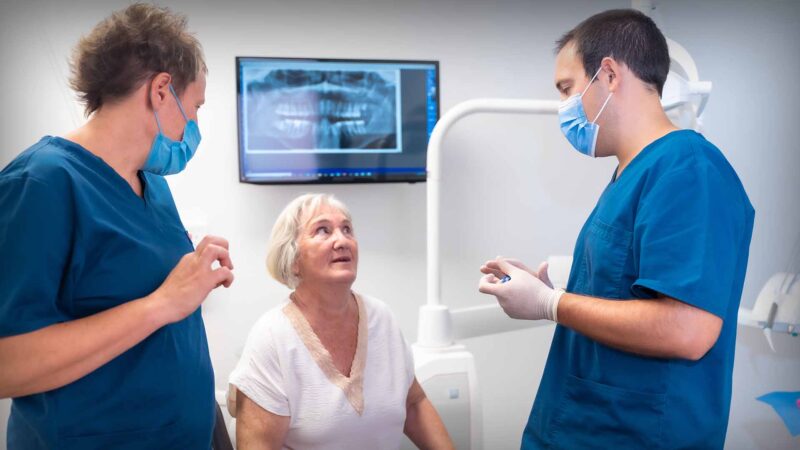FORUM FOSTERS DIALOGUE BETWEEN BREAST CANCER LIVED EXPERIENCE ADVOCATES, RESEARCHERS AND CLINICIANS Organised by the University of Queensland and Translational Research Institute
In October 2024, the Frazier Institute hosted an event dedicated to breast cancer advocacy and research, supported by TRI (Translational Research Institute), National Breast Cancer Foundation, PA Research Foundation, Health Translation Queensland, QUT and The University of Queensland Faculty of Medicine/Frazer Institute.
The key aim of the event co-organised by Associate Professor Joy Wolfram, Group Leader, Australian Institute for Bioengineering and Nanotechnology & School of Chemical Engineering, The University of Queensland was to foster dialogue between breast cancer lived experience advocates (consumers), researchers, and clinicians.
Co-organiser Associate Professor Fernando Guimaraes, Group Leader, Principal Research Fellow, Frazer Institute, The University of Queensland spoke to Australian Health Journal about the need to host the event and regularly engage with consumers.
Jo Maxwell, Principal Project Officer, Consumer and Community Involvement in Research Strategy and Support at The University of Queensland also spoke about the standards for consumer participation and collaboration adopted from the International Association for Public Participation (IAP2).
“IAP2 guides the researcher to structure consumer involvement all through the different stages of their research”, says Maxwell.
Associate Professor Cleola Anderiesz, Chief Executive Officer National Breast Cancer Foundation presented at the Forum and spoke to Australian Health Journal on the impact of engagement when communities, researchers and clinicians come together to hear about the latest research and discuss a future of better breast cancer care and outcomes.
The day long event was enlightening and impactful. The forum in Brisbane included a workshop focused on creating international connections between breast cancer consumers in Australia and the United States, with insights from leading breast cancer oncologists, clinicians, consumers, researchers, and community.
You Might also like
-
Dental and oral health care priorities for the elderly
In 2023, there are a number of changes occurring in dental services including the start of a new Senate inquiry and new registered nurses in residential aged care. Yet in the meantime there are gaps and delays in dental and oral health interventions for elderly Australians, unless training is more widely deployed.
Australian Health Journal spoke to Leonie Short, a dental therapist working for Seniors Dental Care Australia on what she considers are dental and oral health priorities for the elderly, based on her work in the aged, home and disability sectors.
-
Developing the next generation of medicines to target and enhance the microbiome
Australian Health Journal spoke to Associate Professor Sam Forster, Research Group Head
Microbiota and Systems Biology, Hudson Institute of Medical Research, Team Leader, Australian Microbiome Culture Collection & Chief Scientific Officer, BiomeBank and Dr Sam Costello, Co-Founder and CEO of BiomeBank about the microbiome, partnering and some of the breakthroughs in recent years. -
Building capacity with job-ready clinical trial interns
The Victorian Comprehensive Cancer Centre Alliance, or VCCC Alliance for short, is a Victorian partnership of 10 research, academic and clinical institutions looking at improving cancer outcomes for patients.
The VCCC Alliance SKILLED clinical trial internships program is a pathway for scientists to build role-specific clinical trial knowledge, experience and in a clinical trials unit through theoretical and on-the-job training. The internship program is a 40 week intensive program to get science student interns job ready for clinical trial assistant and study coordinator internship roles.



